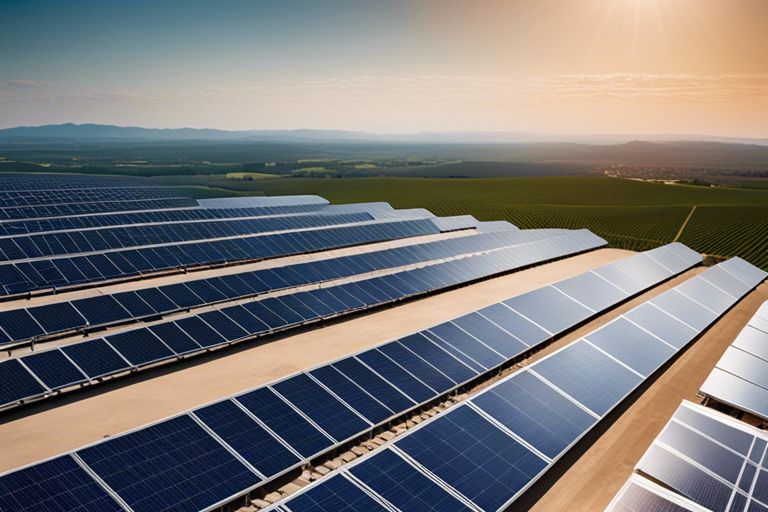What is the lifespan of most solar panels
Understanding the efficiency and longevity of solar panels is crucial when considering transitioning to clean energy. Solar panels have a typical lifespan of 25 to 30 years, ensuring decades of
Energy for A Greener Future

Understanding the efficiency and longevity of solar panels is crucial when considering transitioning to clean energy. Solar panels have a typical lifespan of 25 to 30 years, ensuring decades of